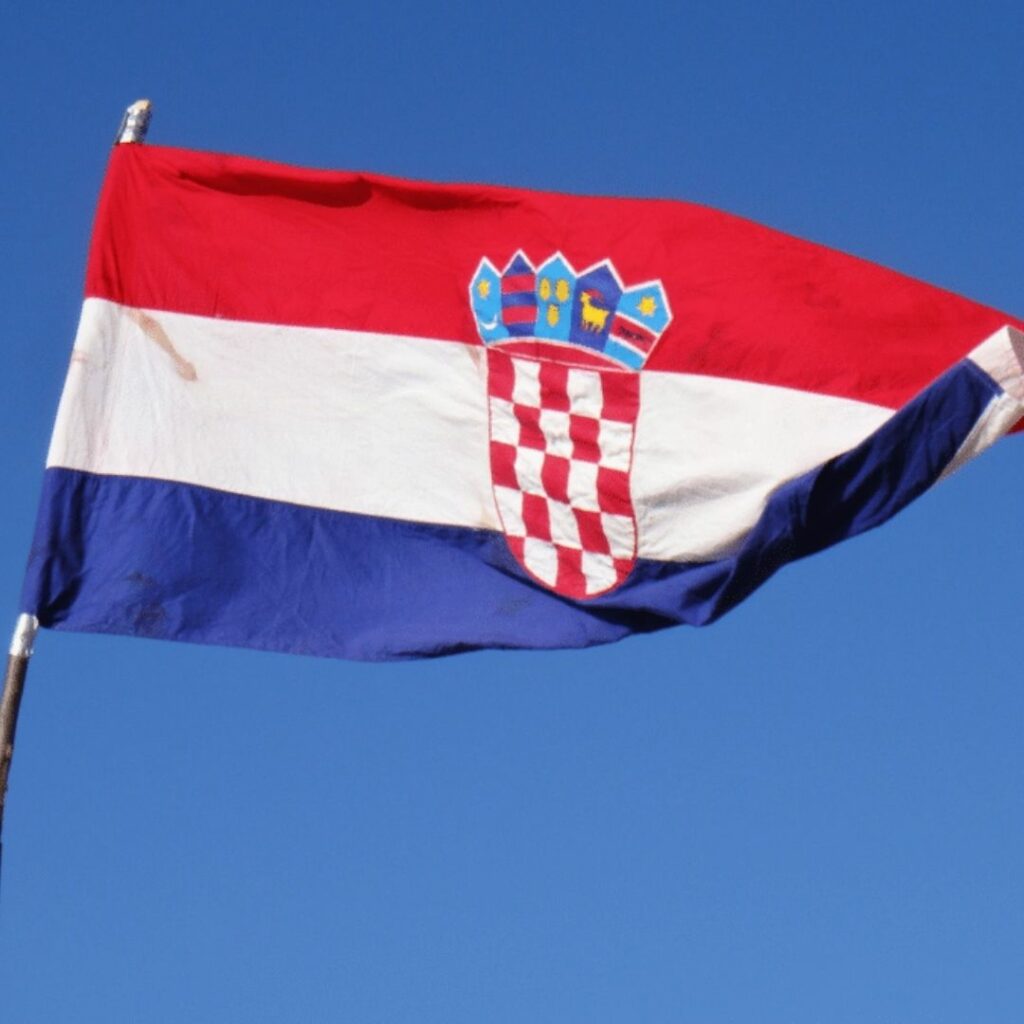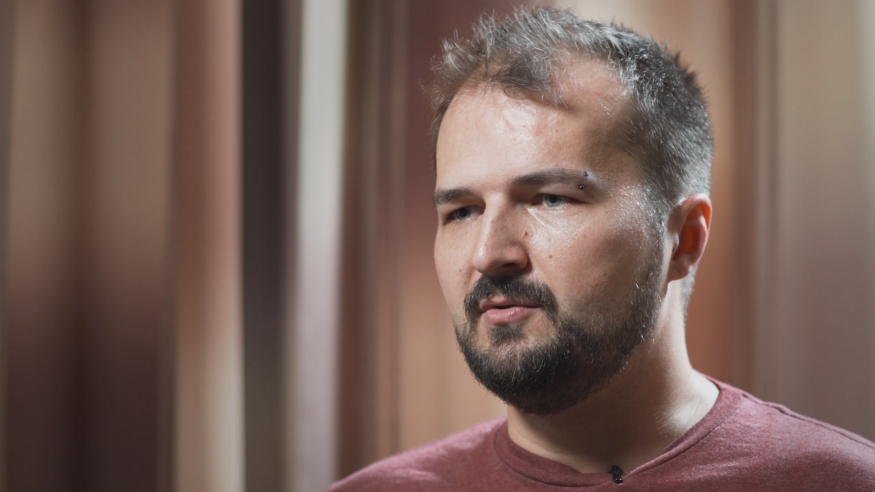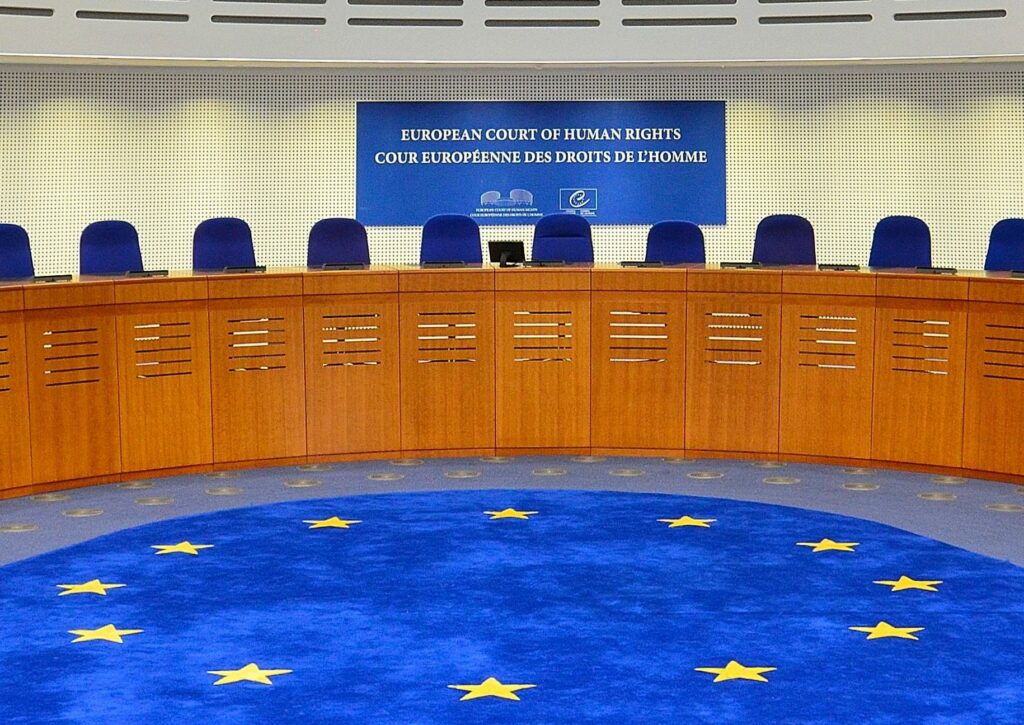Croatia
Categories Score
The full bar chart stands for 100%, and is filled by the country category score. The colour display uses the traffic light palette, with Green representing a score closer to 100% and Red a score closer to 0%.
ASYLUM
This category looks into laws that expressly include SOGISC as a qualification criteria for seeking asylum. We also take into account other legislation, policies, instruction or positive measures by state actors that are related to asylum addressing the needs and rights of LGBTI asylum seekers and refugees.
Criteria Compliance Ratio
Each pie charts stands for a category and is divided in slices by criteria. When a country complies with a criteria – fully or in some regions – the slice is coloured.
Keep in mind the criteria have different weighting factor within a category; for example, the criteria Prohibition of medical intervention without informed consent (intersex) stands for half (2.5%) of the INTERSEX BODILY INTEGRITY category weighting factor (5%). Meaning that even if a country can only comply with this specific criteria within the category (1/4 total criteria) the category scores 50%.
More information on the categories and criteria weighting factors here.
Category & Criteria Table
The table lists detailed information and insights on legislation supporting each criterion status. Please use the filters for in-depth analysis.
n/a = not applicable, meaning the criteria didn’t exist in the previous Rainbow Map edition (PROGRESSION column)
- Complies
- Applicable in some regions only
- Does not Comply
RECOMMENDATIONS
In order to improve the legal and policy situation of LGBTI people in Croatia, ILGA-Europe recommend:
- Ensuring the implementation of the Court decision so same-sex couples have access to joint adoption.
- Reforming the legal framework for legal gender recognition to be fair and transparent, based on administrative measures, based on a process of self-determination and free from abusive requirements (such as GID/medical diagnosis or compulsory divorce).
- Depathologisation of trans identities.
Annual Review of Croatia
In our Annual Review of the Human Rights Situation of LGBTI People in Europe and Central Asia, we examine the advances made and provide concrete examples of on-the-ground situations at national level country-by-country in the 12 months from January to December 2024.
Read our Annual Review of Croatia below for more details and stories behind the Rainbow Map. You can also download the Annual Review chapter (.pdf) covering Croatia.
-
The Municipal State Attorney’s Office in Zadar has charged a 66-year-old man with violating human rights and fundamental freedoms for refusing to honour an accommodation reservation made by a Brazilian gay couple. According to the indictment, the incident occurred on August 5, 2018, when the man cancelled the couple’s booking at his property in Zadar, citing their sexual orientation as the reason.
-
In 2024, attacks by the anti-gender movement and the spread of disinformation continue to escalate. The public sphere is saturated with actors promoting false information, further fueling hostility.
A recent example involves Croatian politician Pavle Kalinić from the Social Democratic Party (SDP), who presented inaccurate data regarding the number of minors starting the transition process, contributing to the ongoing dissemination of misleading narratives.
In November, a session titled “Gender Ideology in Croatia and its Consequences: Myth or Reality” was held in the Croatian Parliament, moderated by MP Igor Peternel from the Home and National Gathering (DOMINO) party. Panelists included Prof.
Dr. Marina Katinić Pleić, Prof. Dr. Zorana Kušević, Dr. Herman Vukušić, and Darko Pavičić, speakers who have been actively spreading misinformation and harming the trans community. No representatives of LGBTI human rights organisations were invited to speak. The session was live streamed via YouTube.
-
In June, in Pula, the inaugural Pride march organised by Proces, faced challenges despite receiving support by private security and the local police. The day before the march, unknown individuals disrupted volunteers at the Karlo Rojc Community Centre who were preparing banners. Additionally, in the village of Punta, derogatory signs were displayed, while an unidentified person removed a rainbow flag from the yard of the community centre on Gajeva Street, leaving it on the ground before fleeing. The Istrian Police Department has confirmed it will investigate the matters and identify the perpetrators. The city’s mayor reaffirmed the commitment of the administration to the protection of LGBTI rights.
A gay couple was assaulted at Bačvice beach in Split. In a video they described how, after being harassed by a group of children and teenagers, they were approached by a man who punched one of them and rammed his head into a tree. Following the attack, the Split police department announced that it had undertaken a formal investigation and arrested the perpetrator.
Between August and September, Zagreb Pride received six reports on homophobia-motivated attacks against gay men in Split and in Zagreb. In three of these cases the attacks were premeditated traps on dating applications that resulted in bashing and theft by a group of younger men. Only one of these attacks has been reported to the police, mostly due to fear and lack of trust in the law enforcement bodies by LGBTI people.
At the end of 2023 two sixteen-year-olds were arrested for their involvement in the preparation and planning of terrorist attacks against LGBTI people and venues, and in September of this year, they were convicted.
-
In the European Capitals of Inclusion and Diversity Award, a competition among 70 regions and cities in the European Union, the city of Zagreb was awarded the golden prize for the European Capital of Inclusion and Diversity for 2024. Zagreb Mayor Tomislav Tomašević emphasised the city’s commitment to inclusivity and highlighted Zagreb’s dedication to fostering an inclusive society across all areas of life.
The Zagreb City Assembly has adopted the City Program for the Equality of LGBTIQ+ Persons (2024–2026), marking the first time a public authority in Croatia has introduced an LGBTI-focused strategy. The program was developed by a dedicated commission that included representatives of civil society organisations and experts. Its implementation will be monitored over the next two years.
-
This year, Croatia recorded a total of four Pride marches, including the first in Pula, the 23rd in Zagreb, the 13th in Split, and the second in Karlovac.
In June, the 23rd Zagreb Pride received support from politicians and local officials, including Zagreb’s Mayor Tomislav Tomašević and proceeded without disturbances.
In October, the fifth Pride Ride took place in Zagreb, receiving support from local officials and the city administration. It proceeded without disturbances.
-
In March, President Zoran Milanović held a meeting with representatives from kolekTIRV, the Association for the Promotion and Protection of the Rights of Trans, Intersex, and Gender Variant Persons, who presented the campaign “I am like you.” The campaign highlights the needs and problems of gender- diverse persons, with an emphasis on the right to easy access to health services.
In May, the city of Rijeka announced that it would once more display the LGBTI flag on the municipal administration building to mark International International Day against Homophobia, Biphobia, and Transphobia.
In June, representatives of local governance like the mayor of Zagreb, Tomislav Tomašević, deputy-mayor Luka Korlaet, and the president of the city assembly Joško Klisović, as well as politicians from the Možemo! and the SDP parties, joined the Zagreb pride parade.
In June, Parliament approved a report from the Ombudsperson for Gender Equality highlighting the extent of both physical and psychological violence against LGBTI people. According to the Ombudsperson, some media still perpetuate negative stereotypes, undermine the rights of LGBTI people, and contribute to an intolerant and hostile environment. Such portrayals, the Ombudsperson argues, foster a sense of exclusion and impede LGBTI people’s ability to fully exercise their rights.
The UN Human Rights Committee published its findings on Croatia, expressing concerns about the ongoing prejudice, discrimination, and hate crimes against LGBTI people. The Committee’s observations highlight a troubling absence of targeted goals and activities in national strategies and policies designed to prevent and address discrimination against LGBTI persons. As part of its concluding observations, the Committee urged Croatia to integrate specific measures into national strategies and action plans to combat discrimination, prejudice, and hate crimes against LGBTI people. Furthermore, the Committee asked Croatia to ensure their active involvement in the development and implementation of these measures.
In July, a roundtable organised by the Možemo! Parliamentary Club was held in the Croatian Parliament, focusing on the theme “Anti Gender Movements and Violence Against Women”.
-
2024 marked the 10th anniversary of the Regulation on legal gender recognition, with official data available from the implementation of the regulation until the end of 2023. According to the data, fewer than 200 people have completed the process and, while requests for legal gender recognition are being processed, the procedures remain lengthy, burdensome, and often exceed legal time limits.
The Constitutional Court dismissed the request of the U Ime Obitelji organisation to review the constitutionality of the Law on Civil Registries and the associated Regulation on legal gender recognition.
-
At present, the acceptance of new samples for the storage of sperm and eggs is not feasible, and there is insufficient information available regarding the causes and potential solutions to this issue.
In September, as members of the ultraconservative network Vision Network gathered for a private conference in Zagreb, a protest was held in the city’s European Square by the fAKTIV – Feminist Collective to challenge the agenda of the Network. The protestors criticised the group’s opposition to abortion, same-sex marriage, divorce, and contraception with the slogan: “Not in our city, we know your agenda.”
-
In April, Zagreb Pride released a list of well-known and previously out or outed LGBTI candidates for the Croatian Parliament.
This action led many other local LGBTI organisations to publicly disassociate themselves from such a decision, criticising the unauthorised disclosure of private information.
-
Višnja Ljubičić, Croatia’s ombudsman for gender equality, has criticised President Zoran Milanović’s statement that the Minister of Economy might be gay and sought an expert opinion from the Personal Data Protection Agency on the legality of the president’s comment. The ombudsman highlighted that disclosing one’s sexual orientation without consent could lead to severe consequences, which led to the request for clarification on whether such disclosure violated privacy protections.
In March, following the murder of a 20-year-old woman by her former partner, Croatia’s parliament amended its criminal code to classify the killing of women due to their gender as a distinct crime. This makes Croatia the third EU country, after Cyprus and Malta, to officially recognise femicide as a separate offence.
The full Annual Review for 2025 is available here.




